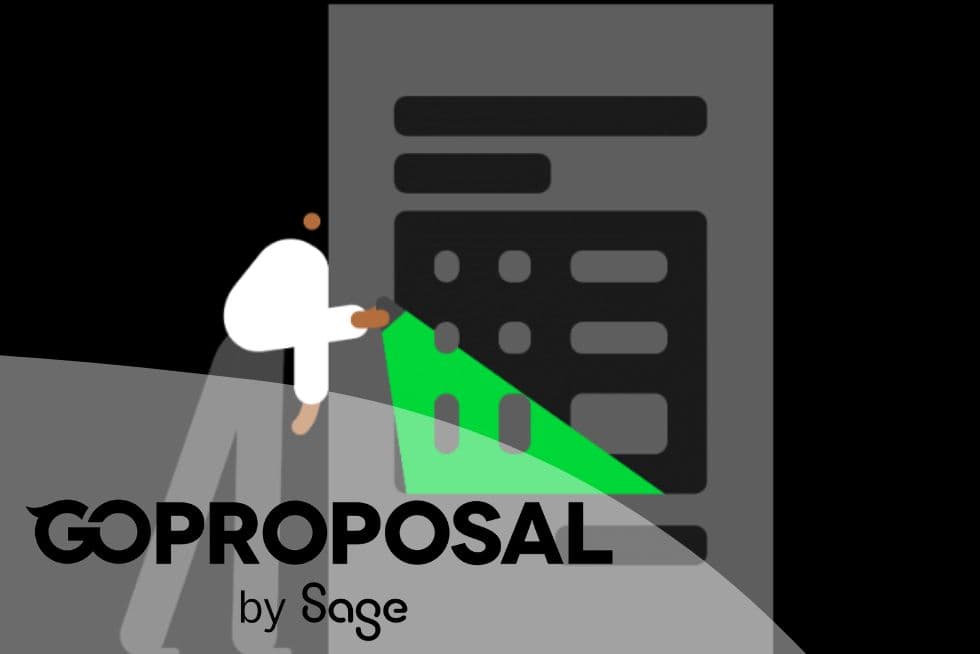
Making Tax Digital for income tax (MTD IT) is reshaping the tax process for businesses and individuals, moving towards more efficient and error-free digital record-keeping and submissions.
Making Tax Digital for income tax (MTD IT) is reshaping the tax process for businesses and individuals, moving towards more efficient and error-free digital record-keeping and submissions. For accountants, this represents a shift in workload and an opportunity to enhance client services. With deadlines approaching, now is the time to review systems, update pricing, and engage clients to ensure full compliance.
MTD for income tax will become mandatory from April 2026 for self-employed individuals and landlords with qualifying total income over £50,000 annually, with the threshold dropping to £30,000 in April 2027. VAT-registered businesses have already been subject to MTD regulations since 2019. As we start 2025, it’s important to ensure clients fully understand the scope and impact of these changes to prevent any last-minute issues.
MTD IT isn’t merely about ticking compliance boxes; it’s an opportunity to add value and refine operational efficiency. Firms adopting a proactive approach can distinguish themselves, while those lag behind risk client penalties and strained client relationships.
Without preparation, the risks include late submissions, client dissatisfaction, and potential financial penalties for your clients. However, accountants who align their processes with MTD IT requirements can improve service offerings and foster deeper client trust through enhanced advisory roles.
Maintain digital records for all income and expenses.
Submit quarterly tax updates directly to HMRC via approved platforms.
Use MTD-compatible software to manage and submit their records.
Meeting these requirements can help position accountants as trusted advisors, guiding clients through unfamiliar territory. Ensuring your clients have up-to-date digital records offers benefits beyond just compliance, it’s an opportunity to have more frequent contact with clients giving you the chance to upsell business advisory services, regular management information, virtual finance services and other digital solutions, creating new revenue streams.
MTD IT demands a thorough assessment of engagement processes, pricing models, and service delivery. One essential step is revisiting engagement letters to ensure they reflect the digital shift.
Update engagement letters to incorporate MTD IT-specific terms.
Define service scopes clearly, including quarterly submissions and record-keeping responsibilities and any software costs that will be incurred.
Communicate the roles and obligations clients must fulfil under MTD IT.
Develop tiered pricing models that reflect varying levels of MTD IT compliance support.
Introduce advisory services to guide clients through software adoption, data management, and tax planning.
Clearly articulate how digital services reduce errors and improve long-term tax planning.
Clients appreciate straightforward explanations when pricing changes are made. By demonstrating the benefits of MTD IT, such as increased accuracy and fewer tax discrepancies, firms can justify pricing adjustments and encourage client buy-in.
Making Tax Digital for Income Tax offers a chance to reconnect with clients and reinforce the value of your accountancy services. Open communication and proactive engagement will smooth the transition and help clients feel more secure.
Regular communication: Schedule updates via newsletters, explainer videos, and monthly emails covering MTD IT deadlines and expectations.
Client education: Organise webinars and workshops to break down MTD IT requirements and introduce compliant software solutions.
Practical resources: Share downloadable checklists, FAQs, and templates to support clients in maintaining digital records.
Direct engagement: Contact high-value clients personally, offering bespoke solutions for their MTD IT transition.
Software demonstrations: Showcase the benefits of MTD IT-compatible software during consultations.
Taking the time to educate clients minimises resistance and highlights the accountant’s role as a vital partner in their business growth.
Automating parts of the MTD IT preparation process reduces administrative pressure and increases efficiency. GoProposal is a tool that will help you simplify engagement letters and pricing structures, allowing you time to focus on delivering value to your clients.
Automating engagement letters: Consistently updating letters to reflect MTD IT obligations and services.
Dynamic pricing models: Easily adjust your service prices to be in line with MTD IT requirements and additional advisory support.
Reducing errors: Automating record-keeping and client communication minimises mistakes and ensures compliance.
Boosting professionalism: Clear, structured documentation enhances client trust and understanding.
By integrating tools like GoProposal, firms can streamline their workflow, ensure pricing reflects the new workload, and strengthen client relationships without increasing overheads.
As we make our way through the year, new developments in tax legislation and digital tools will continue to emerge. Staying informed about upcoming changes allows accountants to provide forward-thinking advice. Partnering with software providers and attending industry events can ensure firms stay ahead of the curve.
Some smaller clients may need additional hand-holding as they transition to digital processes. Offering step-by-step onboarding or phased implementation plans ahead of the deadline could be a valuable service add-on, fostering long-term client loyalty.
Preparing for Making Tax Digital for Income Tax is essential for accountants and bookkeepers aiming to stay compliant and competitive. By reviewing engagement letters, updating pricing models, and maintaining proactive communication, firms can position themselves as indispensable to their clients.
GoProposal streamlines much of this process, ensuring engagement letters and pricing reflect the latest MTD IT requirements, saving time and enhancing client relationships. As deadlines approach, the right tools will ensure firms can manage the transition effectively and confidently.
Latest news, events, and updates on all things App related, plus useful advice on App advisory - so you know you are ahead of the game.